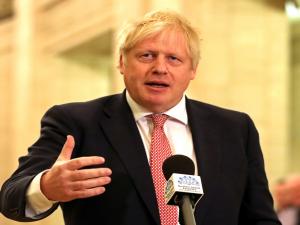
by PA reporter
The Prime Minister and his Irish counterpart have held talks on their differing approaches to Northern Ireland’s troubled past.
Boris Johnson and Taoiseach Micheal Martin discussed the landmark inquest findings on the deaths of 10 people killed in shootings in Ballymurphy, west Belfast, in 1971.
The meeting at Chequers also saw the leaders discuss contentious post-Brexit trading arrangements that have created new economic barriers between Northern Ireland and the rest of the UK.
On Tuesday in Belfast, coroner Mrs Justice Keegan ruled that those who died at Ballymurphy 50 years ago were “entirely innocent”.
She found that nine of the 10 had been killed by soldiers, and the use of lethal force was not justified.
Friday’s meeting between the UK and Irish leaders also came amid controversy around the UK Government’s reported plan to introduce legislation to prevent further prosecutions for Troubles crimes committed before the 1998 Good Friday peace agreement.
Relatives of those killed at Ballymurphy had criticised a letter of apology Mr Johnson sent to them on Thursday for failing to describe the shootings at Ballymurphy in 1971 as a “massacre”.
The Downing Street statement about Friday’s meeting with Mr Martin did use that term in relation to the killings.
A Downing Street spokeswoman said: “The leaders reflected on the coroner’s report into the Ballymurphy massacre published this week. They agreed it was profoundly sad that the families of victims had to wait so long for the truth.
“The Prime Minister restated the UK Government’s commitment to finding a way forward in Northern Ireland that delivers for victims, aids truth recovery and helps communities in the future.
“They agreed on the importance of working together to uphold the Belfast/Good Friday Agreement and to maintain smooth trade between Great Britain, Northern Ireland and the Republic of Ireland.
“The leaders resolved to continue to work together in our fight against coronavirus and to closely share information in order to enable a better recovery.”
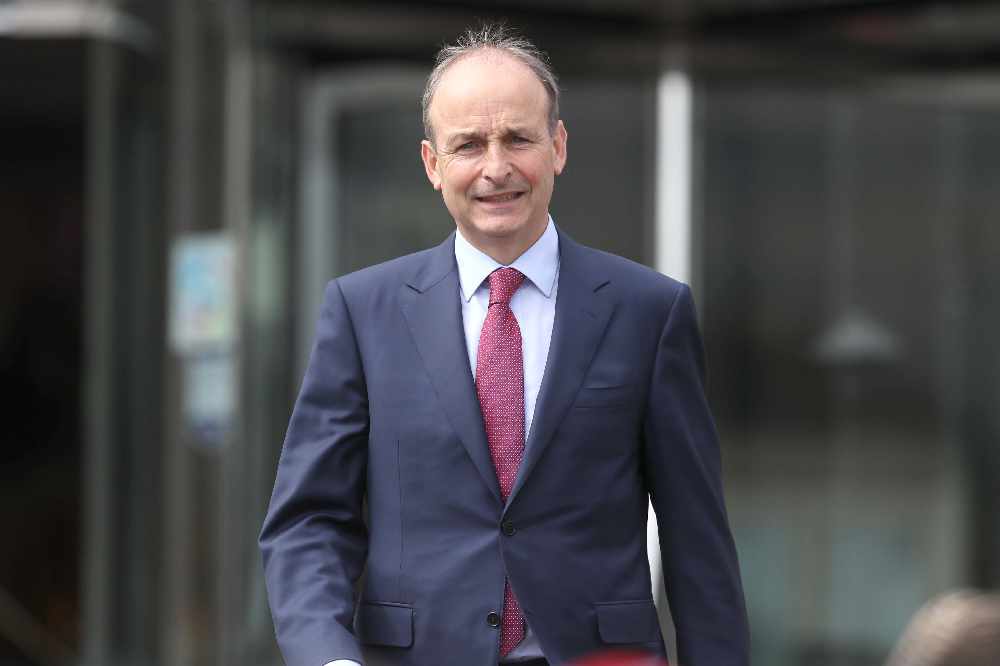
Taoiseach Michael Martin
Mr Martin has previously characterised any move to introduce an amnesty on Troubles prosecution as a potential “breach of trust”, as it would torpedo a key mechanism to reinvestigate cold cases agreed by the UK and Irish governments and main Northern Ireland parties in the 2014 Stormont House Agreement.
New Brexit checks on goods arriving at ports across the island of Ireland from Great Britain have affected trade.
With the Northern Ireland Protocol retaining the region as part of the EU for goods checks, unionists and loyalists have expressed anger at what they regard as a border in the Irish Sea and separation from the rest of the UK.
Protests have been ongoing across Northern Ireland, with some resulting in serious disorder last month.


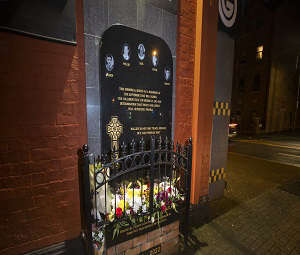 Officer to be prosecuted for offence linked to Troubles memorial during pandemic
Officer to be prosecuted for offence linked to Troubles memorial during pandemic
 Pair appear before court charged with nurse’s murder
Pair appear before court charged with nurse’s murder
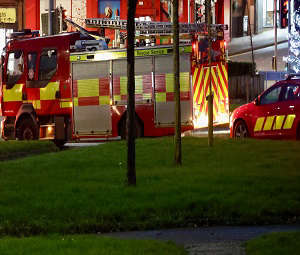 Woman dies in West Belfast house fire
Woman dies in West Belfast house fire
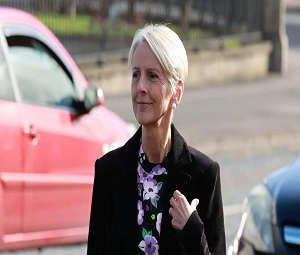 Eleanor Donaldson’s bid to have two charges withdrawn ‘should not delay trial’
Eleanor Donaldson’s bid to have two charges withdrawn ‘should not delay trial’
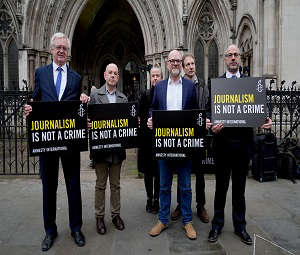 Police surveillance operation to unmask journalistic source ruled unlawful
Police surveillance operation to unmask journalistic source ruled unlawful